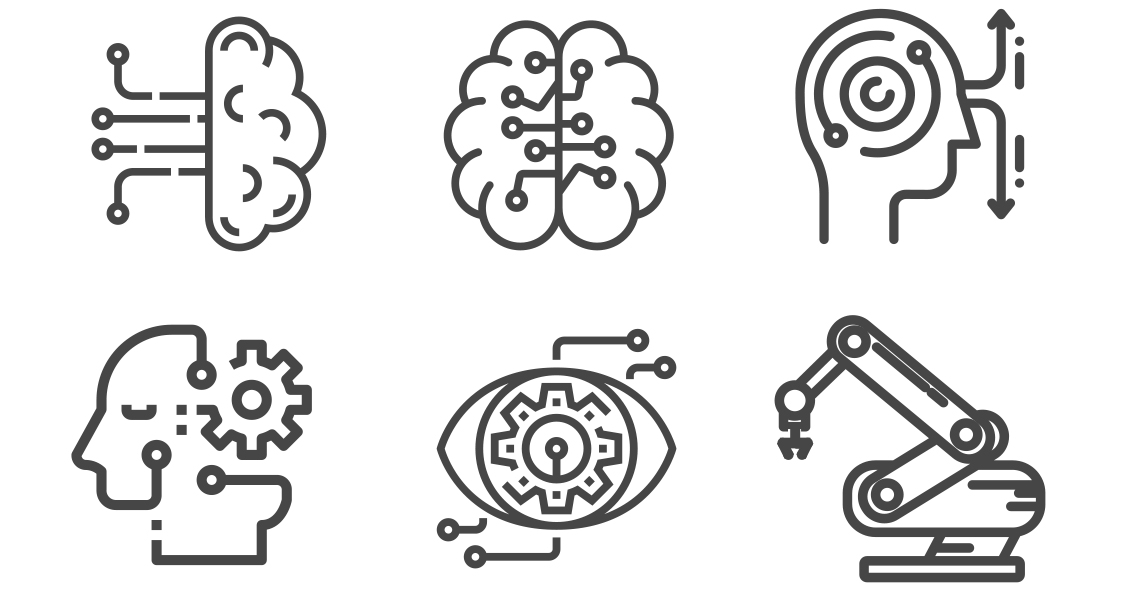Is artificial intelligence a worry for
the creative minds of tomorrow?
Five years ago, writing about artificial intelligence would have been considered to be science fiction. Now it has become reality. Ever more companies are using AI to generate deductions and recommendations from data using “virtual brains”. Or bots are taking over customer dialogue – as intelligent systems, they learn with each conversation and behave more and more like humans. This is something that has both benefits and blessings – but also the highest moral and technological concerns.
What has been haunting films for decades has never been as close as it is today: artificial intelligence could take over, no longer obeying its developers, unleashing its own revolution. Such scenarios are not just a silly horror story – Jack Ma, boss of the Chinese super conglomerate Alibaba, is just as concerned about it as Facebook, Google or Nvidia. The latter has provided a computer that enables 25 car manufacturers to develop autonomous vehicles.

